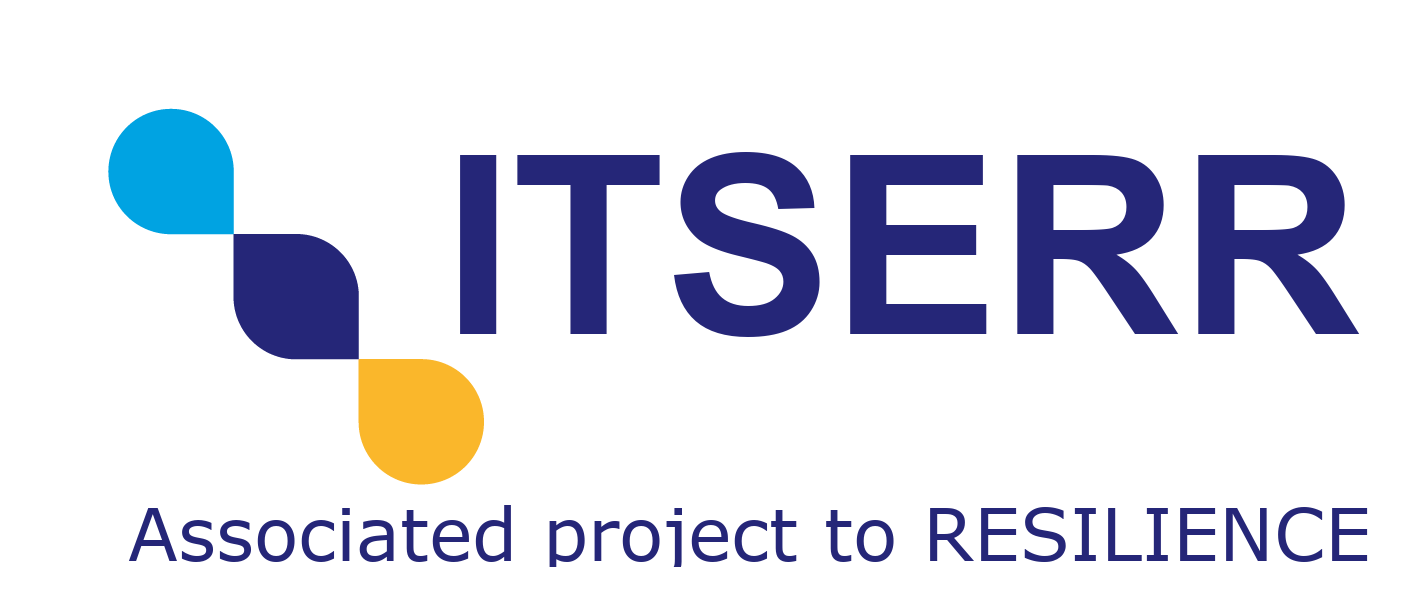Skip to content
- WP1: Project management: This work package is responsible for the overall management and coordination of the project, including financial and administrative tasks, communication and dissemination, and the development and implementation of the project’s governance structure.
- WP2: Datacenter services: This work package focuses on the development and operation of the datacenter infrastructure that will support the project, including storage, processing power, databases, networking, analytics, and software applications.
- WP3: T-ReS (Toolkit for Religious Studies): This work package aims to develop a toolkit of software specifically designed and optimized for the domain of Religious Studies, with a focus on empowering researchers with up-to-date, user-friendly, and sustainable tools that take full advantage of the RESILIENCE research infrastructure ecosystem. The toolkit will include CRITERION, a software for creating critical editions of primary sources, and GNORM, a software for the automatic analysis and categorization of printed religious normative sources through data mining techniques.
- WP4: DaMSym (Data Mining: the Nicene-constantinopolitan Symbolum): This work package will develop a software tool for applying text understanding techniques to the investigation of semantic textual issues, using the translations of the Nicene-Constantinopolitan Creed as a case study. The tool will adopt a connectionist approach based on the connection between advanced Deep Learning approaches, large-scale learning, and Digital Humanities, and will aim to bring together cultural, historical, and theological factors in order to produce a new type of semantic analysis tool.
- WP5: Develops Digital Maktaba, a project that aims to establish procedures for the extraction and management of cultural heritage data from libraries and archives written in non-Latin alphabets, starting with Arabic and testing with other alphabets. Digital Maktaba is intended to offer an innovative service to libraries specializing in religious studies that need to manage this type of data.
- WP6: Develops YASMINE, a visual-semantic metascraper that combines semantic and mapping layers to extract knowledge from a specific website and create a new data structure that can be exported to multiple output formats for further scientific processing. YASMINE is designed to scrape and enrich visual and audio data, using computer vision and artificial intelligence algorithms to automatically extract additional information that is converted into metadata. YASMINE has two case studies that are unique to religious studies: sanctuaries and plorabunt.
- WP7: Develops REVER, a software based on an algorithm that links summaries created through domain-specific principles with the original texts in order to facilitate understanding and reuse of the data.
- WP8: UBIQUITY: intends to develop a new research instrument concerning textual traditions and exegetical approaches to the Bible and the Qur’ān as offered by ancient commentaries composed in the Christian and Islamic worlds respectively. Intertextual references, whether made consciously or unconsciously by ancient commentators, work as invisible “places of memory”, hence making the sacred texts “ubiquitous”. Connecting authors of these exegetical works through their shared places of memory will help us reconstruct the “collective memories” of religious communities across cultural environments and/or historical periods.
- WP9: TAURUS: Thas the aim of developing a software toolkit for 3d visualisation and fruition of historical heritage artefacts and materials; the toolkit is intended for specialised researchers in the field of Religious Studies and Archaeology, but is also transversally applicable to other domains. The toolkit contains three such instruments: EnLil – Enhancement of Little curved object representation: tablets from the Near East; MiRAr – Mixed Reality for Archaeology; ACIS – Artworks Conservation Integrated Sources. The tools developed in the WP share some features, such as the capability of producing 3d visualisations, but they vary in scope and application.
- WP10: RETINA: aims to provide a component of RESILIENCE dedicated to the production and fruition of a digital archive dedicated to complex, rare and/or endangered religious texts written on various supports (stone, papyrus, etc.). To achieve this goal, it uses texts from the Nile Valley (and beyond) as a case-study.
- WP11: TNA MANAGEMENT: The main goal of this WP is to support the TNA (Transnational Access) program of the RESILIENCE project within the ITSERR context. The TNA program aims to provide researchers with access to digital and physical resources related to the field of Religious Studies, including manuscripts, experts, and devices. The TNA program will also provide training and support to researchers to ensure that they are able to make the most of the resources available to them. The TNA program will be managed by the TNA management team, which will be responsible for coordinating the program and ensuring that it runs smoothly.
